- Details
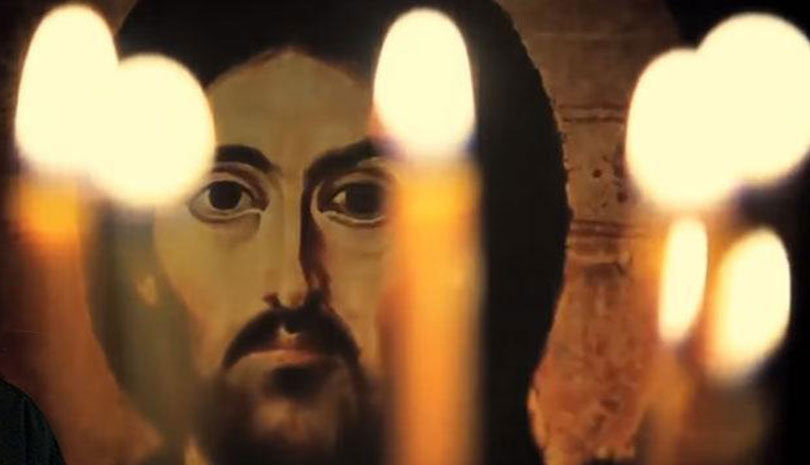
When Christ, in the form of the Gospel, is placed on the Holy Table after the Small Entrance, the atmosphere of the Divine Liturgy becomes festive. While recalling the great work of salvation which was acheived with the coming of God the Word, Jesus Christ, as well as the preaching of the Gospel, we chant the hymns of the day with joyful enthusiasm. If it is Sunday, the hymns refer to the Resurrection of Christ, and on other days, we chant the established hymns for that particular time. The Troparia of the Saint that is celebrated that day, as well for the patron Saint of the church building are also chanted. Lastly, the Kontakion as provided by the Typikon. All these sacred hymns (which are sung at the Entrance with the Holy Gospel) are hymns of thanksgiving and praise for the blessings that the Holy Gospel brings. It is easy to understand why this is important, when we remember that the teachings of the Holy Gospel has filled the world with Saints. These are people like us, who have applied the teachings of the Gospel in their lives, and by the Grace of the Lord have become Saints and intercessors for us. The revelation of these Saints, true heroes who lived by the Gospel, are surrounded by glory and honor in this life, and in eternity.
- Details
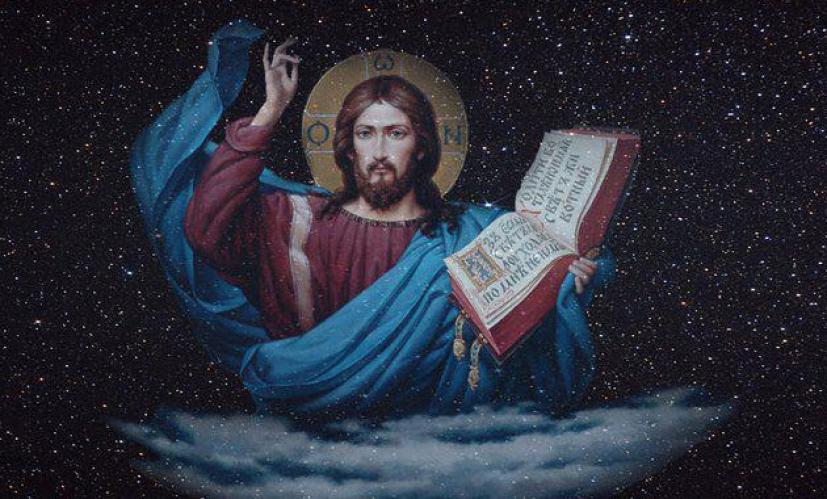
In every Divine Liturgy, following the Antiphons, the Holy Gospel makes its way from the Holy Table (where it is found at all times), and is carried through the center of the Church, being then returned to its place. The Holy Gospel symbolizes our Lord Jesus Christ Himself, and is displayed in procession, passing through the faithful in a holy entrance on its way to the Sacred Altar once more.
- Details
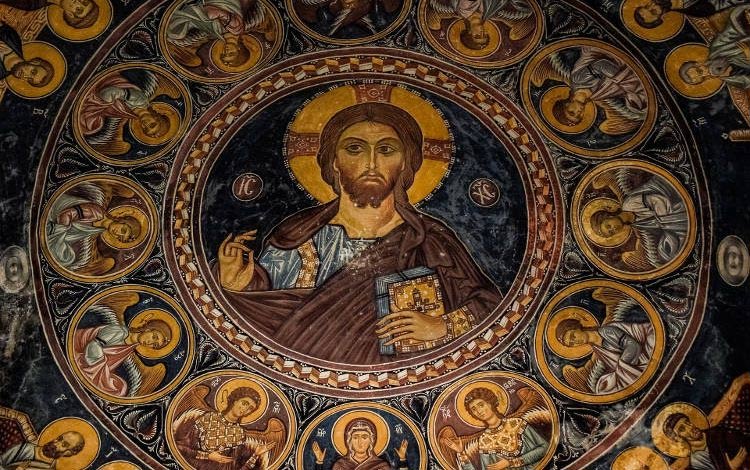
After the “Litany of Peace” in the Divine Liturgy, there are three “Antiphons” which are sung. These are selections from the Psalms, to which are added the Beatitudes of the Lord. The Typikon defines precisely which Psalms and verses will be sung, so that their content is in some way related to what the Church is commemorating that day. The most commonly used are the two doxological Psalms 103 [102 LXX]: "Bless the Lord, O my soul: and all that is within me, bless his holy name…" and Psalm 146 [145 LXX]: "Praise the Lord, O my soul. While I live I will praise the Lord: I will sing praises to my God while I have my being...". They are called Antiphons, because the verses are traditionally sung one after another by two choirs. The faithful are also encouraged to participate and sing these Psalms in low voices. The Typikon establishes which verses are added at the end according to the day: "Through the prayers of the Theotokos, Savior, save us" in the first Antiphon and "Save us O Son of God…" in the second.
- Details
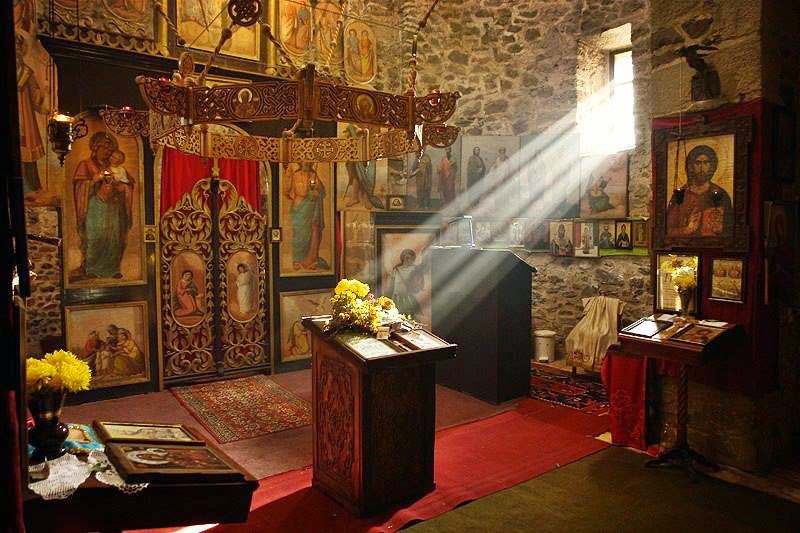
Towards the end of the "Litany of Peace" in the Divine Liturgy the priest includes a short prayer, which is often repeated in the Divine Liturgy as well as in almost all of the Holy Services. This repetition reveals the importance of its content. It says: "Help us, save us, have mercy on us, and protect us, O God, by Your grace".
- Details
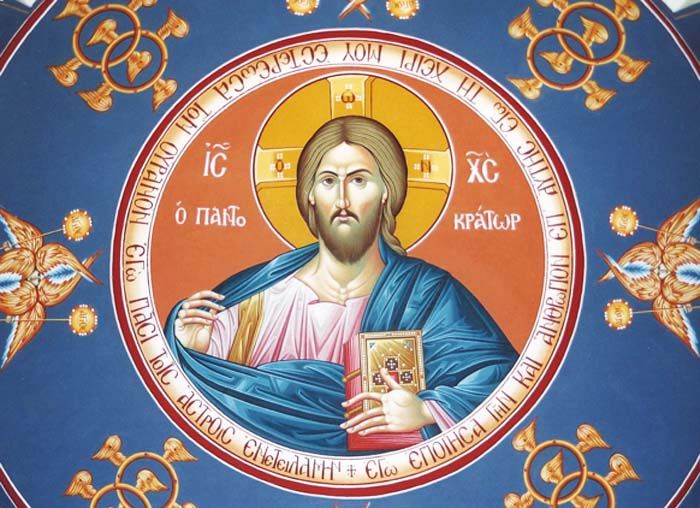
The Lord had warned His Disciples, "In the world you will have tribulation; but be of good cheer, I have overcome the world” (John 16:33). The Apostle Paul also refers specifically to sorrows, warning Christians not to be overwhelmed by this: "We must through many tribulations enter the kingdom of God" (Acts 14:22). We know from Church History and the Lives of the Saints that there were people who became Saints through their patient endurance of life’s hardships, coupled with a fervent faith and love in Christ. In fact, the greater sorrows they faced, the more glory they received, like the Great Martyrs.





